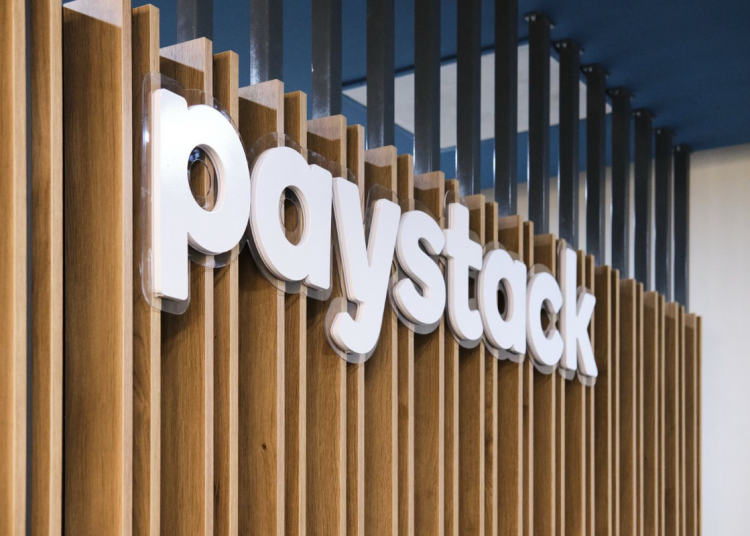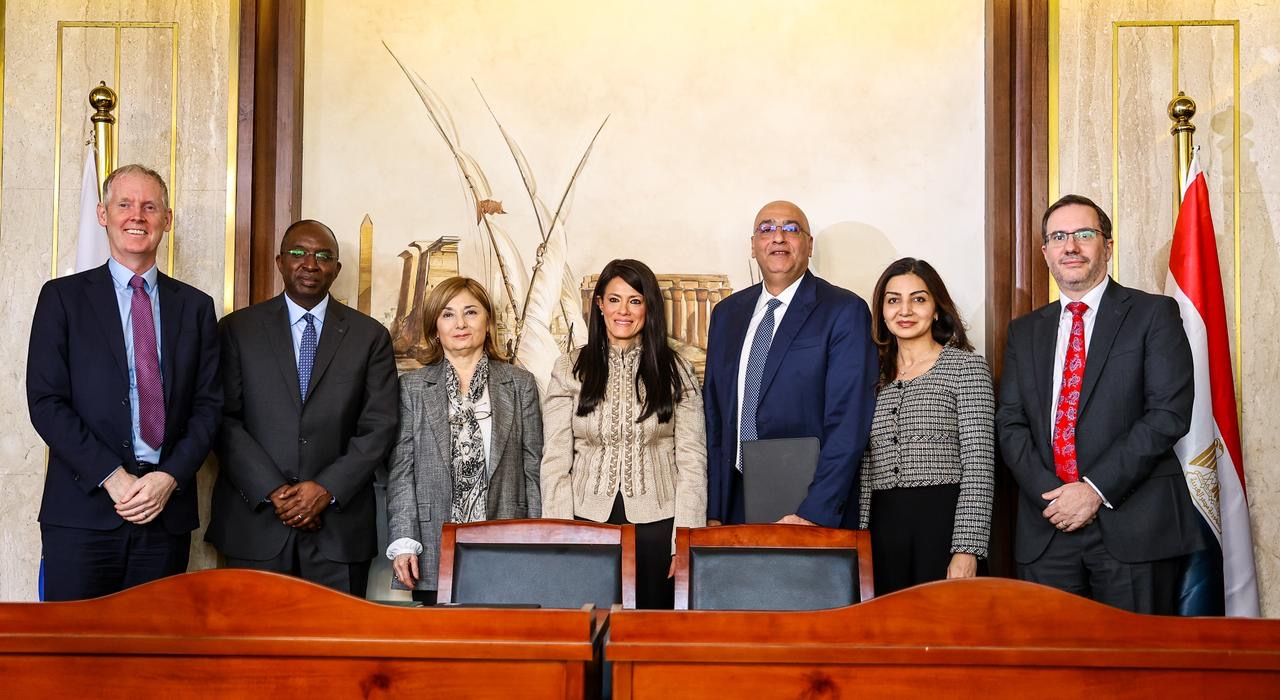In a move that will likely impact millions of Nigerians, the Nigerian Communications Commission (NCC) has approved a 50% tariff increase for telecom operators in the country.
This decision, announced on Monday by NCC spokesman Reuben Muoka, comes after extensive deliberations and takes into account the operators’ requests for a substantial tariff hike.
While the approved increase falls short of the over 100% requested by some operators, it’s a significant adjustment aimed at ensuring the sustainability of the telecoms sector.
The NCC emphasised that the price increase is justified by ongoing industry reforms designed to improve the overall quality of service for Nigerian consumers.
Legal Basis for the Tariff Increase
The NCC’s authority to regulate and approve telecoms tariffs is firmly rooted in the Nigerian Communications Act of 2003. Section 108 of the Act explicitly empowers the regulator to determine and approve appropriate tariff rates and charges for telecom services.
READ ALSO:
Call Charges Set to Go Up in Nigeria as New Telecom Tariffs Are Introduced
The Case for Tariff Adjustments
Telecom operators have been operating under the same tariff rates since 2013. In the intervening years, the cost of doing business has significantly increased.
Factors such as inflation, rising energy costs, and the need for continuous investment in network infrastructure have put a strain on operators’ profitability.
The NCC acknowledges this reality. The approved tariff adjustments are intended to bridge the gap between the rising costs of operation and the current revenue streams of telecom operators. This, in turn, will enable them to:
- Invest in infrastructure: Upgrades to network infrastructure are crucial for improving service quality, expanding coverage, and ensuring a reliable and efficient telecommunications network.
- Drive innovation: Investments in research and development are essential for introducing new technologies and services that enhance the consumer experience.
- Maintain service quality: Consistent investments are necessary to maintain and improve network quality, ensuring faster speeds, lower latency, and a more seamless user experience.
- Enhance customer service: Increased revenue can support better customer service through improved call centre operations, faster response times, and more efficient resolution of customer issues.
Balancing Consumer Interests
The NCC recognises the financial pressures faced by Nigerian households and businesses. The Commission emphasises that the primary goal is to ensure a sustainable telecom sector that can continue to deliver quality services to consumers.
The hope is that these adjustments will ultimately benefit consumers through:
- Improved network quality: Faster speeds, lower latency, and more reliable connections will enhance the overall user experience.
- Enhanced customer service: Better customer service will lead to greater satisfaction and a more positive overall experience with telecom services.
- Greater coverage: Increased investment in infrastructure will expand network coverage, bringing connectivity to underserved areas and bridging the digital divide.
Addressing Concerns and Ensuring Transparency
To mitigate the impact on consumers, the NCC has stated that the tariff adjustments will adhere to the guidelines outlined in the 2013 NCC Cost Study.
This ensures that the price increases remain within acceptable limits and are based on a thorough assessment of industry costs. Furthermore, the implementation will strictly follow the recently issued NCC Guidance on Tariff Simplification, 2024, promoting transparency and clarity for both operators and consumers.
Market Dynamics and Competition
Nigeria boasts a vibrant and dynamic mobile market. As of December 2023, the country boasts a remarkable 224 million mobile subscribers, a testament to the significant role mobile technology plays in the everyday lives of Nigerians.
READ ALSO:
Call Charges to Hike in Nigeria as Telecom Giants Seek 100% Tariff Increase
This bustling market is characterised by intense competition among the major players. MTN, the South African telecommunications giant, reigns supreme with a commanding 38.79% market share, translating to over 87 million subscribers. This dominance solidifies MTN’s position as the undisputed leader in the Nigerian mobile landscape.
Hot on MTN’s heels are Globacom and Airtel, each boasting a strong subscriber base of 61 million. This tight competition ensures that consumers benefit from continuous innovation and competitive pricing across various services, including voice calls, data plans, and mobile money transfers.
9mobile, while trailing its larger rivals, continues to play a significant role in the market with 13.9 million subscribers.

Looking Ahead
This tariff increase will undoubtedly impact the budgets of many Nigerians, particularly those who rely heavily on affordable telecommunications services.
However, the NCC has emphasised that the decision is crucial for the long-term health of the telecom sector. The reforms currently underway are expected to lead to improved network infrastructure, enhanced service quality, and ultimately, a more robust and competitive telecommunications market in Nigeria.







Leave a Reply